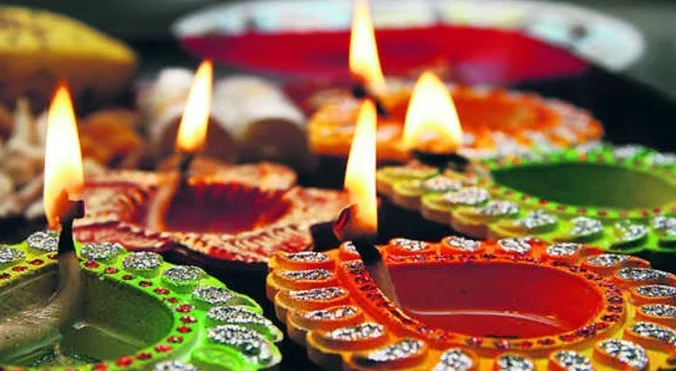Chandigarh/New Delhi, October 17: Devotees across India can mark their calendars for Diwali on Monday, October 20, even though the Amavasya Tithi spans into October 21, creating confusion this year.
The Hindu lunar calendar determines Diwali according to the new moon night, or Amavasya. In 2025, Amavasya begins at 3:44 PM on October 20 and continues until 5:54 PM on October 21. Religious scholars explained that since the Tithi begins before sunset, October 20 is observed as the main day for Lakshmi Puja, when families worship deities of wealth and prosperity.
Auspicious timings for puja have been specified:
- Lakshmi Puja Muhurat: 7:08 PM – 8:18 PM
- Pradosh Kaal: 5:46 PM – 8:18 PM
- Vrishabha Kaal: 7:08 PM – 9:03 PM
These windows are considered ideal for offerings to Goddess Lakshmi, Lord Ganesha, and Lord Kuber, ensuring rituals align with cosmic energy, priests said.
Diwali is celebrated not only as a religious festival but also as a symbol of spiritual renewal, gratitude, and charity. Homes are cleaned and decorated, gifts and sweets are exchanged, and many extend help to the less fortunate, spreading light and positivity.
The festival’s origins lie in mythology: it marks Lord Rama’s return to Ayodhya after defeating Ravana and completing a 14-year exile. Legend has it that villagers lit rows of lamps to welcome him, inspiring the enduring tradition of illuminating homes during Diwali.
Cultural practices vary across regions:
- In North India, the focus is on Lord Rama’s homecoming.
- In West India, traders and business families perform Lakshmi Puja for prosperity.
- East India observes Kali Puja, dedicated to Goddess Kali.
- In South India, celebrations commemorate Lord Krishna’s triumph over the demon Narakasura.
Astrologers and pandits said that, despite the Tithi overlapping two days, October 20 remains the day for Diwali 2025, in line with Hindu calendar norms, ensuring rituals are performed at the most auspicious time.

